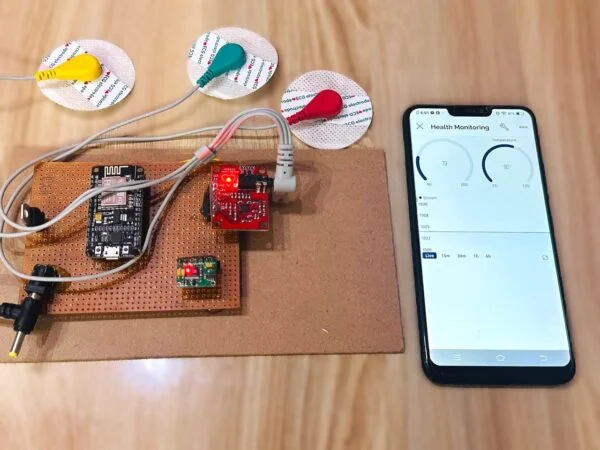In today’s hyper-connected world, the average person spends more than seven hours a day staring at a screen. From smartphones to computers, screens have become an integral part of our lives, influencing our work, communication, and even leisure. However, this constant connectivity comes with its downsides, leading to a growing movement known as digital detox. This article explores the rise of digital detox, its benefits, and how to balance screen time for better health.

What is Digital Detox?
Digital detox refers to a period during which an individual refrains from using electronic devices such as smartphones, computers, and tablets. The goal is to reduce stress, improve focus, and enhance overall well-being by disconnecting from the digital world.
The Need for Digital Detox
The need for digital detox stems from the increasing awareness of the negative impacts of excessive screen time. These include:
- Mental Health Issues: Excessive screen time is linked to anxiety, depression, and other mental health problems.
- Sleep Disruption: The blue light emitted by screens can interfere with sleep patterns, leading to insomnia and poor sleep quality.
- Reduced Productivity: Constant notifications and the urge to check social media can lead to distractions and decreased productivity.
- Physical Health Problems: Prolonged screen use can cause eye strain, headaches, and poor posture, leading to long-term health issues.
Benefits of Digital Detox
Engaging in regular digital detox can provide numerous benefits, both mental and physical. Here are some key advantages:
Improved Mental Health
Reducing screen time can significantly improve mental health. It allows individuals to disconnect from the stressors of the online world, leading to reduced anxiety and depression. A break from screens also fosters mindfulness, helping people to be more present in the moment.
Better Sleep Quality
Digital detox can lead to better sleep quality. By avoiding screens before bedtime, individuals can reduce the disruption caused by blue light, leading to more restful and rejuvenating sleep.
Enhanced Focus and Productivity
Taking a break from digital devices can enhance focus and productivity. Without the constant distractions of notifications and social media, individuals can concentrate better on tasks, leading to improved performance and efficiency.
Physical Health Benefits
Digital detox also has physical health benefits. Reducing screen time can alleviate eye strain and headaches. Additionally, it encourages more physical activities, promoting overall physical health and well-being.
How to Implement a Digital Detox
Implementing a digital detox doesn’t mean completely abandoning technology. Instead, it’s about finding a healthy balance. Here are some practical tips to help you get started:
Set Boundaries
Establish clear boundaries for screen time. For instance, avoid using digital devices during meals and an hour before bedtime. Setting specific times for checking emails and social media can also help in managing screen time effectively.
Create Tech-Free Zones
Designate certain areas in your home as tech-free zones. For example, keep electronic devices out of the bedroom and dining area. This encourages face-to-face interactions and fosters a more connected environment.
Practice Mindfulness
Incorporate mindfulness practices into your daily routine. Activities such as meditation, yoga, and deep breathing can help you stay present and reduce the urge to check your devices constantly.
Engage in Offline Activities
Find hobbies and activities that don’t involve screens. Reading a book, going for a walk, or spending time with loved ones can be great ways to unwind and relax without the need for digital devices.
Conclusion
The rise of digital detox reflects a growing awareness of the need to balance screen time for better health. By taking deliberate steps to disconnect from digital devices, individuals can enjoy improved mental and physical well-being. Remember, the goal is not to eliminate technology from our lives but to find a healthy balance that enhances our overall quality of life.

